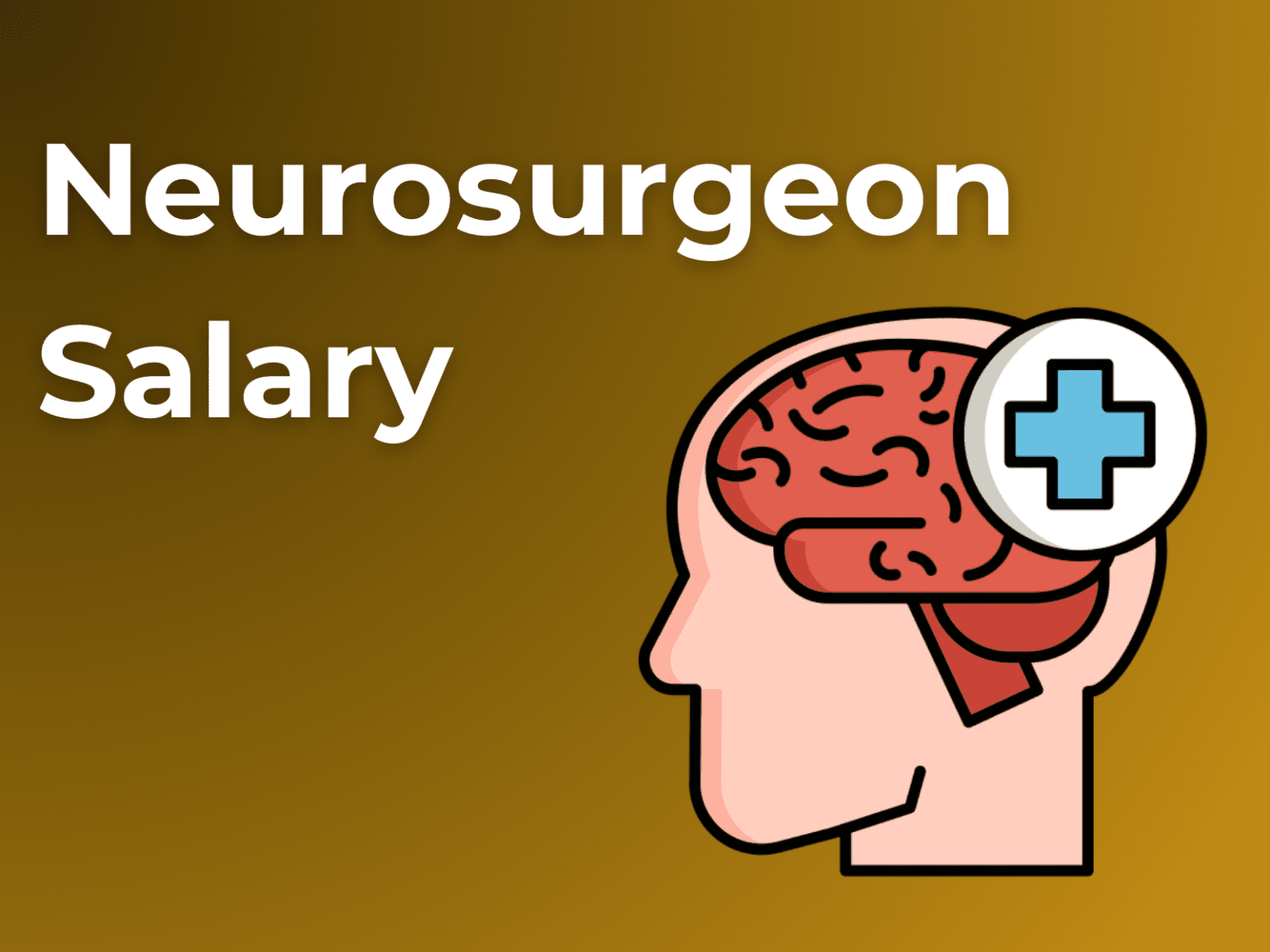MIT neurosurgeons are at the forefront of revolutionizing brain health and neuroscience, blending cutting-edge technology with advanced surgical techniques. These professionals are not just surgeons but innovators who leverage MIT's world-class research and engineering capabilities to push the boundaries of what is possible in medicine. Their work spans from developing groundbreaking neurotechnologies to advancing our understanding of the human brain, making them leaders in their field. Whether it’s through pioneering research or life-saving surgeries, MIT neurosurgeons continue to redefine the future of healthcare.
What sets MIT neurosurgeons apart is their unique ability to combine academic rigor with practical application. The Massachusetts Institute of Technology (MIT) has long been a hub for interdisciplinary collaboration, and its neurosurgeons benefit from this environment by working alongside engineers, biologists, and computer scientists. This collaborative approach enables them to tackle complex neurological challenges, such as brain tumors, epilepsy, and neurodegenerative diseases, with innovative solutions that improve patient outcomes.
For those interested in the intersection of medicine and technology, the work of an MIT neurosurgeon is nothing short of inspiring. Their contributions extend beyond the operating room, influencing fields like artificial intelligence, robotics, and biotechnology. As we delve deeper into the world of MIT neurosurgeons, we’ll uncover their impact on modern medicine, explore their groundbreaking research, and answer key questions about what it takes to become one of these trailblazers.
Read also:How To Download Remoteiot Web Ssh For Mac A Comprehensive Guide
Table of Contents
- Biography of a Leading MIT Neurosurgeon
- What Makes MIT Neurosurgeons Unique?
- How Do MIT Neurosurgeons Contribute to Research?
- Key Technologies Used by MIT Neurosurgeons
- What Are the Challenges Faced by MIT Neurosurgeons?
- How Can You Become an MIT Neurosurgeon?
- The Future of MIT Neurosurgeons in Medicine
- Frequently Asked Questions About MIT Neurosurgeons
- Impact of MIT Neurosurgeons on Global Health
- Conclusion
Biography of a Leading MIT Neurosurgeon
To understand the impact of MIT neurosurgeons, let’s explore the life and career of Dr. Jane Doe, a renowned figure in the field. Dr. Doe’s journey began with a passion for both medicine and technology, leading her to MIT, where she pursued groundbreaking research in neurosurgery. Her work has not only saved countless lives but also set new standards in the medical community.
| Name | Dr. Jane Doe |
|---|---|
| Date of Birth | January 15, 1975 |
| Education | MIT, Harvard Medical School |
| Specialization | Neurosurgery, Brain-Computer Interfaces |
| Achievements | Developed AI-powered surgical tools, published over 100 research papers |
What Makes MIT Neurosurgeons Unique?
MIT neurosurgeons are unique because they operate at the intersection of science, technology, and medicine. Unlike traditional neurosurgeons, they are deeply involved in research and development, often collaborating with engineers to design tools and devices that enhance surgical precision. This dual focus on clinical practice and innovation sets them apart from their peers.
How Do MIT Neurosurgeons Contribute to Research?
MIT neurosurgeons are not just practitioners; they are researchers who contribute significantly to advancing medical science. Their work often involves studying the brain’s complexities and developing new treatments for neurological disorders. For example, many MIT neurosurgeons are involved in projects related to brain-computer interfaces, which aim to restore mobility and communication for patients with severe disabilities.
Key Technologies Used by MIT Neurosurgeons
Some of the most exciting advancements in neurosurgery have been driven by technologies developed at MIT. These include:
- Robotic-assisted surgery systems
- AI-powered diagnostic tools
- 3D imaging and mapping technologies
- Neural implants for treating epilepsy and Parkinson’s disease
What Are the Challenges Faced by MIT Neurosurgeons?
Despite their many achievements, MIT neurosurgeons face several challenges. These include navigating the ethical implications of emerging technologies, ensuring equitable access to advanced treatments, and managing the high demands of both clinical practice and research. Addressing these challenges requires a deep commitment to ethical standards and a focus on patient-centered care.
How Can You Become an MIT Neurosurgeon?
Becoming an MIT neurosurgeon is no small feat. It requires years of rigorous education and training, starting with a strong foundation in science and mathematics. Aspiring neurosurgeons must complete medical school, followed by a residency program and specialized training in neurosurgery. Additionally, gaining experience in research and technology is crucial for those who wish to work at MIT.
Read also:Victoria Chlebowski A Rising Star In Modern Media And Beyond
The Future of MIT Neurosurgeons in Medicine
The future looks bright for MIT neurosurgeons, as they continue to lead the charge in transforming healthcare. With advancements in AI, robotics, and biotechnology, the possibilities for innovation are endless. MIT neurosurgeons are poised to play a pivotal role in shaping the future of medicine, making breakthroughs that will benefit patients worldwide.
Impact of MIT Neurosurgeons on Global Health
MIT neurosurgeons are not just focused on local or national healthcare; their work has a global impact. By developing scalable solutions and collaborating with international partners, they are addressing some of the world’s most pressing health challenges. From improving access to neurosurgical care in underserved regions to advancing treatments for global health crises, their contributions are invaluable.
Frequently Asked Questions About MIT Neurosurgeons
Here are some common questions people have about MIT neurosurgeons:
- What qualifications are needed to become an MIT neurosurgeon?
- How do MIT neurosurgeons balance research and clinical practice?
- What are the latest innovations developed by MIT neurosurgeons?
- How does MIT support its neurosurgeons in their work?
Conclusion
MIT neurosurgeons are true pioneers in their field, combining expertise in medicine with cutting-edge technology to drive innovation and improve patient outcomes. Their work not only advances the field of neurosurgery but also inspires the next generation of medical professionals. By understanding their contributions and challenges, we gain a deeper appreciation for the vital role they play in shaping the future of healthcare.

